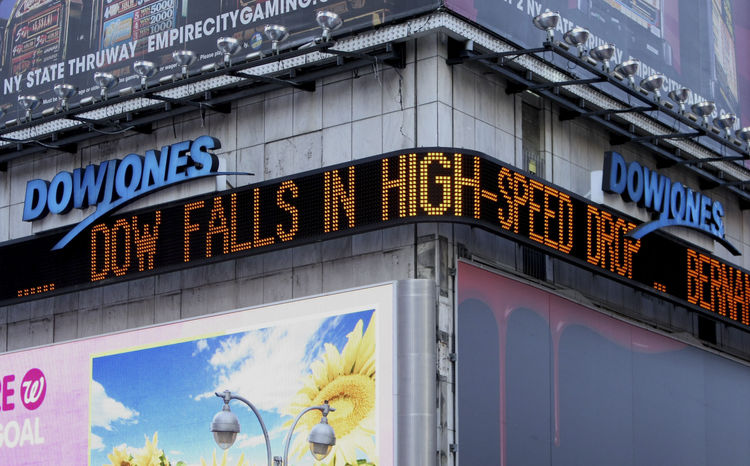By Craig Erlam, Senior Market Analyst, UK & EMEA, OANDA
We’re seeing further signs of stabilization in the markets on Tuesday, as the relatively peaceful start to the week continues.
It’s been a wild start to the year and it seems investors are embracing the less intense start to the week, probably with an eye on what’s to come over the next couple of days. Recent weeks have brought so much anxiety to financial markets as yields have accelerated higher in anticipation of a series of rate hikes from central banks.
The inflation data has continued to rise faster than many anticipated and we’re now in a situation where central banks are racing to catch up and get to grips with price pressures. Many still expect we’ll see an orderly return to inflation targets over the forecast horizon with moderate rate increases but the risk of inaction became far greater than the alternative.
The downside to all of this is an exacerbation of the cost-of-living crisis for households and businesses that threatens to weaken the recovery. But central banks are hoping that a little now will negate the need for far more severe action later.
From a markets perspective, it means more anxiety and more wobbles, similar to those seen in recent weeks. Some would argue that’s no bad thing after years of buying the dip at all costs being rewarded.
The next 48 hours will be interesting, with the Fed minutes and US inflation data being released. So much has been priced in at this point – five hikes from the Fed by December – but there’s potential for more. We may not yet have hit the peak as far as rate expectations are concerned and Thursday’s CPI reading is expected to be another shocker.
Oil pares gains as nuclear talks continue
The oil price rally is cooling on Tuesday as the US and Iran indirectly continue talks over the nuclear deal that could see more than a million barrels quickly come back online. It couldn’t come at a better time given how tight the market is, not to mention politically for President Biden ahead of the midterms. Voters may not take too kindly to the prices at the pump.
The talks are taking place just as crude was poised to make a run towards $100, which would be a real blow and write its own headlines. The cost-of-living crisis is painful for many households and businesses and triple-digit oil just piles on the misery. If a deal can be struck, it may still be avoided and afford the rest of OPEC time to hit its quotas. $100 looked inevitable but this could change that.
Gold remains a firm favourite
The gold rally has been relentless recently with the yellow metal notching up five days of gains in the last six and it’s on course to add another to that. It seems gold is fulfilling its historic role as an inflation hedge despite so many rate hikes already being priced in. Whether that’s the expectation of more or fear of it, gold has remained a favourite for investors.
Whether it can continue to build on recent gains is another thing. Gold has remained well supported but it’s struggled to make any real progress beyond these levels since last summer. The area around $1,830 has repeatedly been a major barrier and when it has briefly managed to overcome that, it hasn’t progressed much further. It will be interesting to see if history repeats itself.
Cause for optimism for cryptos?
Bitcoin’s performance has been really impressive recently, not just because it’s overcome a key resistance level at $40,000 but it’s done so at a time when sentiment remains extremely shaky in the markets. It’s run into a little difficulty around $45,500 which was a major level of support in December but it appears to have some decent momentum behind it now. We could see it pare some of the recent gains in the coming days but the crypto crowd may suddenly be feeling far more confident than they have for many months.


 Forex2 weeks ago
Forex2 weeks ago


 Naira1 week ago
Naira1 week ago
 Naira4 weeks ago
Naira4 weeks ago
 Company News4 weeks ago
Company News4 weeks ago
 Billionaire Watch1 week ago
Billionaire Watch1 week ago




 Naira2 weeks ago
Naira2 weeks ago




 Naira1 week ago
Naira1 week ago




 Naira3 weeks ago
Naira3 weeks ago

















